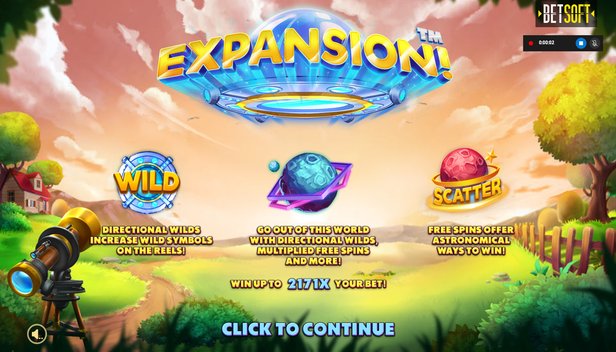Essential Tips for Teens Planning for College
As teens navigate the labyrinth of college admissions, being equipped with the right information can make all the difference. From the initial considerations about which colleges to apply to, crafting a personal statement that resonates with admissions counselors, and managing the complex world of financial aid—preparation is key. For those in the throes of SAT prep or who are actively engaged in extracurricular activities, understanding how to balance these demands is crucial. Keep reading to gain insights and strategies to help you successfully plan for your college years.
Navigating Financial Aid and Scholarship Opportunities
Understanding how to finance your college education is equally important as getting into your college of choice. Navigating financial aid and scholarship opportunities begins with knowing the types of aid available, which include grants, scholarships, student loans, and work-study programs.
For scholarships, start local and then branch out to national opportunities. Community organizations, businesses, and foundations often offer awards to students in their area. You can investigate, “Is NSHSS a scam or a legitimate opportunity for scholarships and college readiness?”
Filing the Free Application for Federal Student Aid (FAFSA) is critical because it determines your eligibility for federal aid and is often required for other scholarship applications. Pay close attention to deadlines and provide accurate information to ensure that you receive all the aid for which you qualify.
Moreover, don’t overlook the possibility of studying in a specific field that offers unique opportunities, such as a bachelor of science medical laboratory science program. Such specialized fields often have organizations and benefactors who aim to encourage students through scholarships and grants.
Crafting a Compelling Personal Statement

Your statement is a chance to make your application stand out. Colleges receive thousands of applications, and a unique personal statement can be the difference between acceptance and rejection. Start by brainstorming the experiences and moments in your life that have defined you and consider how these will contribute to your desired field of study or college life.
Authenticity is key in a personal statement. It’s not just about sharing your achievements but also your aspirations, challenges, and the lessons you’ve learned. This isn’t the time to list your résumé but rather to tell your personal story in a way that provides insight into who you are as a person.
Keep in mind that your statement should also demonstrate your writing skills. Be mindful of the narrative flow, use a clear and consistent tone, and be sure to proofread multiple times. Don’t just rely on spellcheckers; ask teachers, family members, or mentors to review and give feedback on your draft.
Balancing Academics With Extracurricular Achievements

Academics are the cornerstone of any college application, but extracurricular achievements demonstrate your ability to manage multiple responsibilities while maintaining a commitment to your interests. Schools are on the lookout for students who possess the potential to contribute to their campus culture through a range of activities.
Time management is crucial when balancing schoolwork with other activities. Establish a schedule that allows you to dedicate appropriate time to studying and homework while also engaging in clubs, sports, or volunteer work. Be realistic about what you can handle and remember that it’s better to be heavily involved and influential in one or two activities rather than superficially involved in many.
When it comes to extracurriculars, quality trumps quantity. Leadership positions and initiatives you’ve taken can often have a more significant impact than merely participating in numerous clubs. Colleges appreciate students who show dedication and the ability to excel in niche areas.
Developing Effective Time Management Skills for College Preparations
Time management is an essential skill that will not only help you in preparing for college but throughout your academic career and beyond. Learning to prioritize tasks and set aside blocks of time for studying, filling out applications, and pursuing extracurricular activities can lessen stress and increase productivity.
Create a master calendar with all your important dates, such as testing deadlines, application due dates, and scholarship submission deadlines. Break down larger tasks into manageable steps, and set mini-deadlines for each step to keep yourself on track without feeling overwhelmed.
Overall, the journey to college is a multifaceted process involving careful planning, self-reflection, and a proactive approach to both academic and personal development. By understanding the college admission process, crafting a compelling personal statement, balancing academics with extracurriculars, navigating financial aid, and honing your time management skills, you’ll be well on your way to embarking on a successful college career.


